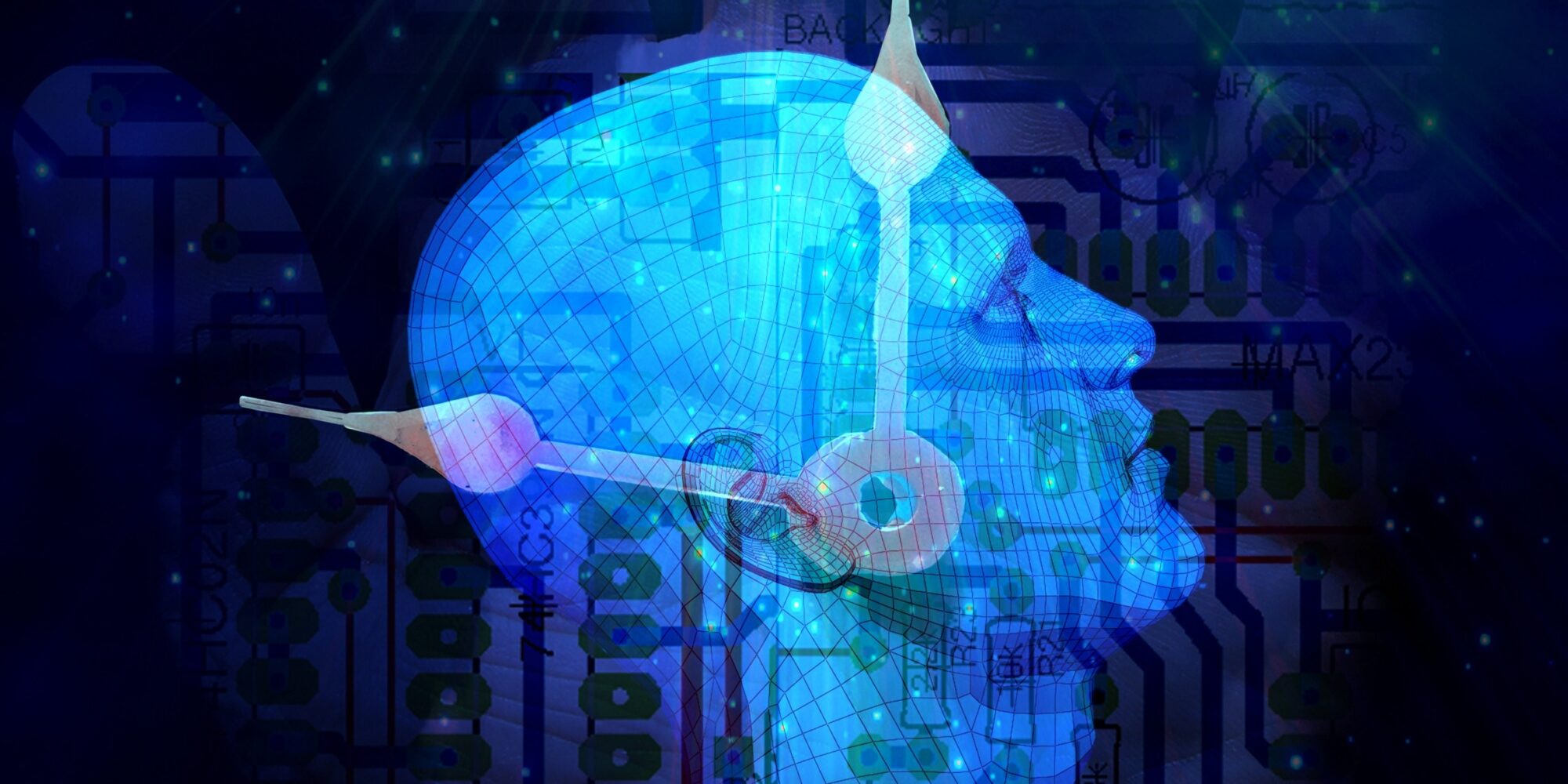Can we know the future? The science of precognition
Seeing | Parapsychology | 2024-09-22

Mainstream science still tends to dismiss extrasensory phenomena (ESP). However, these so-called ‘anomalous phenomena’ are key to understanding the nature of reality, claims Dr. Julia Mossbridge: “We are beginning to change the way we think as science enters the ‘maybe we got it all wrong’ phase.” In this interview, Natalia Vorontsova talks to Julia about her research in fields ranging from neuroscience and psychology to physiology and physics, tackling questions of free will, the nature of time, the mind-body problem, and key metaphysical implications.

Essentia Foundation communicates, in an accessible but rigorous manner, the latest results in science and philosophy that point to the mental nature of reality. We are committed to strict, academic-level curation of the material we publish.
Recently published
Reading
Essays
Seeing
Videos
Let us build the future of our culture together
Essentia Foundation is a registered non-profit committed to making its content as accessible as possible. Therefore, we depend on contributions from people like you to continue to do our work. There are many ways to contribute.















